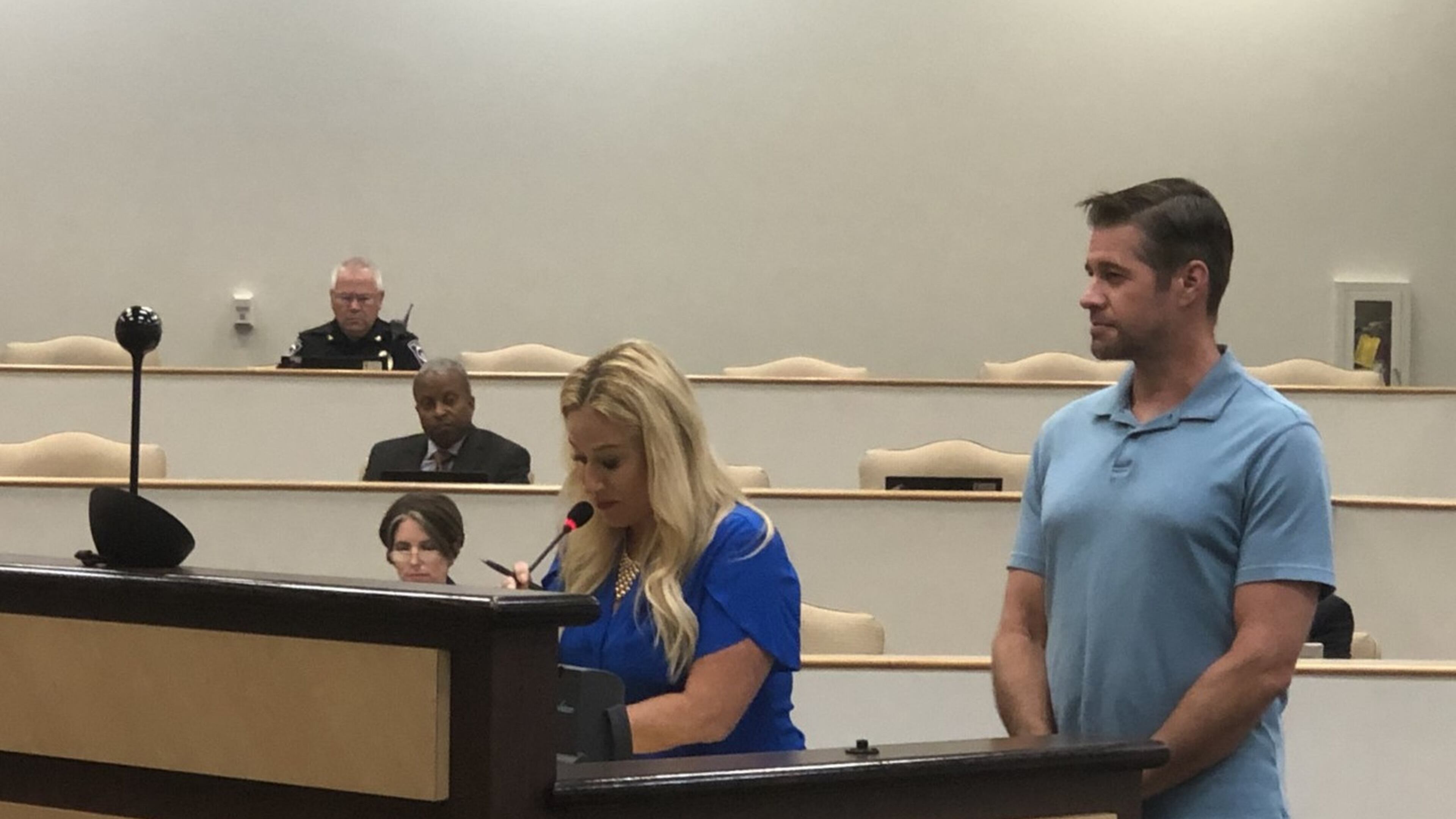Gwinnett school board to limit public comments at its meetings

The Gwinnett County Board of Education recently set a 90-minute limit to the public comment period of its monthly meetings, but members plan to schedule additional meetings to hear from constituents.
The board voted 3-2 in favor of Tarece Johnson’s motion to approve the policy revisions containing the new limit, “with the intention to schedule area-wide board meetings within two months.”
Board Chair Everton Blair and Vice Chair Karen Watkins voted in favor of Johnson’s motion. Steven Knudsen and Mary Kay Murphy opposed it.
Ahead of the vote, the board for three months solicited community feedback on limiting public comments. The proposal generated backlash from parents and community members who said they were being silenced.
“This board is trying to censor our rights, as parents and taxpayers, to participate in speaking at these meetings by limiting our time,” said one speaker, Lisa Johnson, at the most recent meeting.
Parents, employees and others have flocked to the monthly board meetings in increasing numbers since last year when the coronavirus pandemic began. Adjournment times approached midnight on occasion.
The new public comment limit takes effect at the board’s June 17 meeting.
The revised policy also sets a 30-person limit on the number of speakers at each meeting. Slots will be filled first-come first-serve by those who sign up on the school district’s website.
The revised policy gives the board discretion to limit the number of times a speaker can address them and the number of people speaking for or against a specific issue.
The policy also “commits to making all attempts to digitally stream all portions, allowable by law” of monthly board meetings.
Gwinnett school board policy dictates that the board hold five “area meetings” each year, one for each single-member district. At area meetings, the board solicits general input and the superintendent delivers a “state of the system” address, according to the policy.
But in recent years, those meetings fell by the wayside.
“We skipped it for a couple years,” Knudsen said. “All we have to do is schedule them.”
Watkins said the area board meetings would “accommodate those who feel that their voices are not being heard.”


